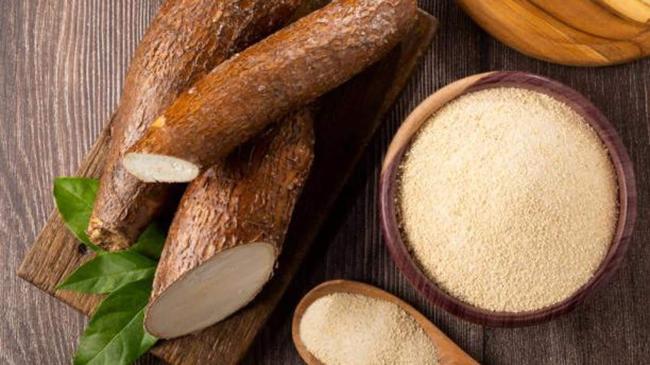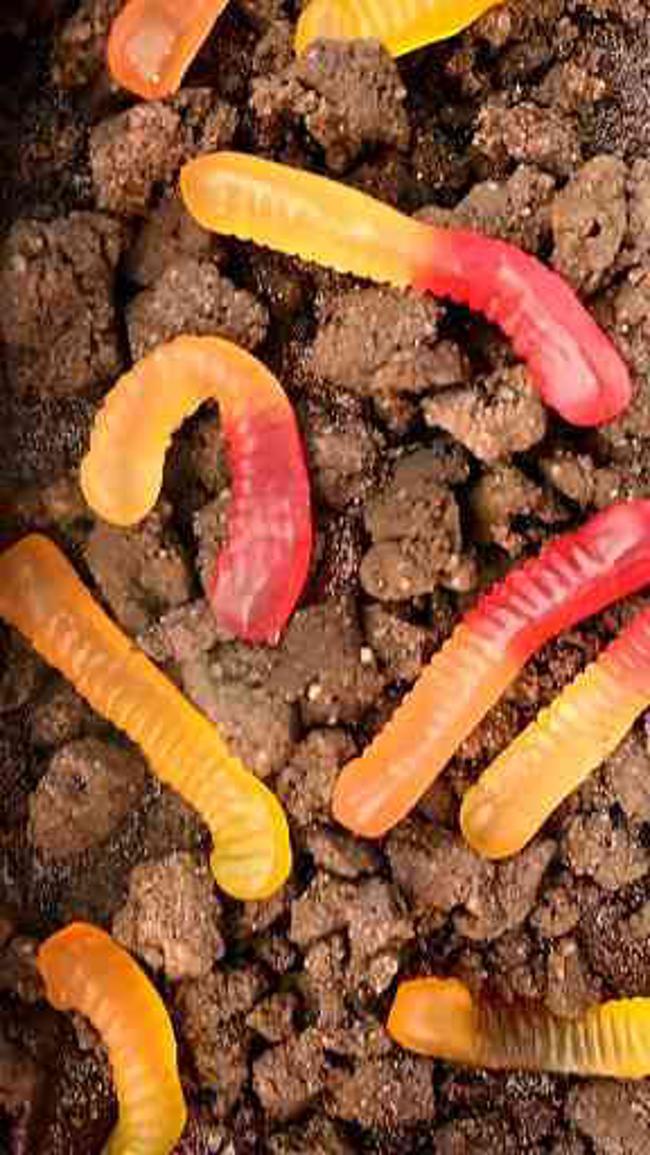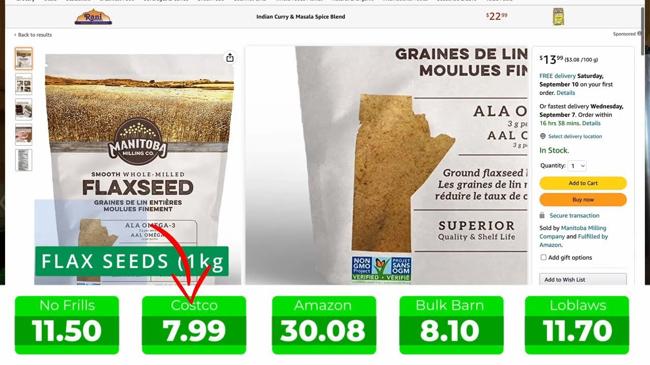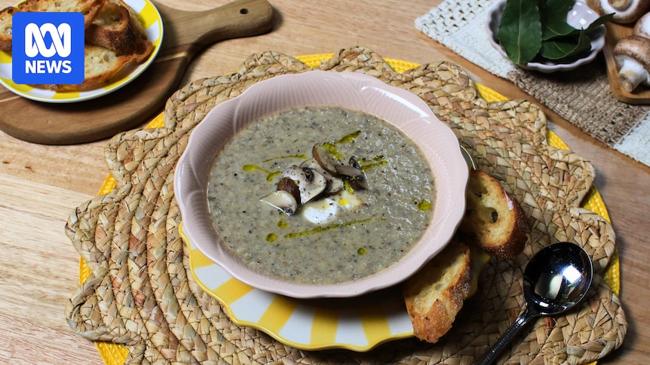Summary
Let’s take a look at five African roots making an impact on plant-based meals around the world. Often touted as a superfruit, Baobab is packed with nutrients. The fruit is high in vitamin C, calcium, potassium, and fiber. Using the baobab tree’s root in smoothies or baked goods can give them a tangy kick while increasing their nutritional quotient.
Source: NewsBytes

AI News Q&A (Free Content)
Q1: What nutritional benefits does baobab offer to those following a vegan diet?
A1: Baobab is renowned for its nutritional density, offering a rich source of vitamin C, calcium, potassium, and fiber, which are essential for a vegan diet. These nutrients help in boosting immune function, maintaining bone health, and supporting digestive health. Additionally, baobab is known for its antioxidant properties, which can aid in reducing inflammation and promoting overall health.
Q2: How is cassava utilized in vegan diets, and what precautions must be taken?
A2: Cassava is used in various forms such as boiled roots, tapioca, and flour in vegan diets. It is a major carbohydrate source, especially in tropical regions. However, cassava contains cyanogenic glycosides, which can release cyanide. Therefore, it must be properly processed through peeling, mashing, fermenting, and drying to reduce toxins to safe levels for consumption.
Q3: What are the environmental benefits of including African roots like baobab and cassava in plant-based diets?
A3: African roots such as baobab and cassava are drought-tolerant and can thrive in poor soils, making them sustainable crops that require fewer resources. By incorporating these plants into vegan diets, there is a reduced ecological footprint compared to animal agriculture, which demands significant land, water, and feed resources.
Q4: Discuss the historical significance and origin of baobab trees.
A4: Baobab trees are native to Madagascar, mainland Africa, and Australia, with a Madagascan origin. Known as the
Q5: What role does cassava play globally in terms of food security and nutrition?
A5: Cassava is the third-largest source of carbohydrates in tropical diets, following rice and maize. It plays a critical role in food security for over 500 million people globally due to its ability to grow in drought-prone and nutrient-poor soils. However, its preparation requires care to avoid cyanide poisoning, especially from bitter varieties.
Q6: Why might someone choose to incorporate baobab into their diet from a health perspective?
A6: Incorporating baobab into one's diet can offer numerous health benefits due to its high vitamin and mineral content. The fruit is particularly high in vitamin C, which is important for immune health, and its fiber content promotes digestive health. Additionally, baobab's antioxidants help combat oxidative stress and inflammation.
Q7: How does the practice of veganism extend beyond dietary choices?
A7: Veganism extends beyond diet, encompassing an ethical and environmental philosophy that seeks to exclude the use of animal products in all forms. This includes abstaining from animal-derived clothing, cosmetics, and entertainment. The movement aims to reduce animal suffering, decrease ecological footprints, and promote overall ethical consumption.
References:
- Adansonia - Wikipedia
- Cassava - Wikipedia
- Veganism - Wikipedia





